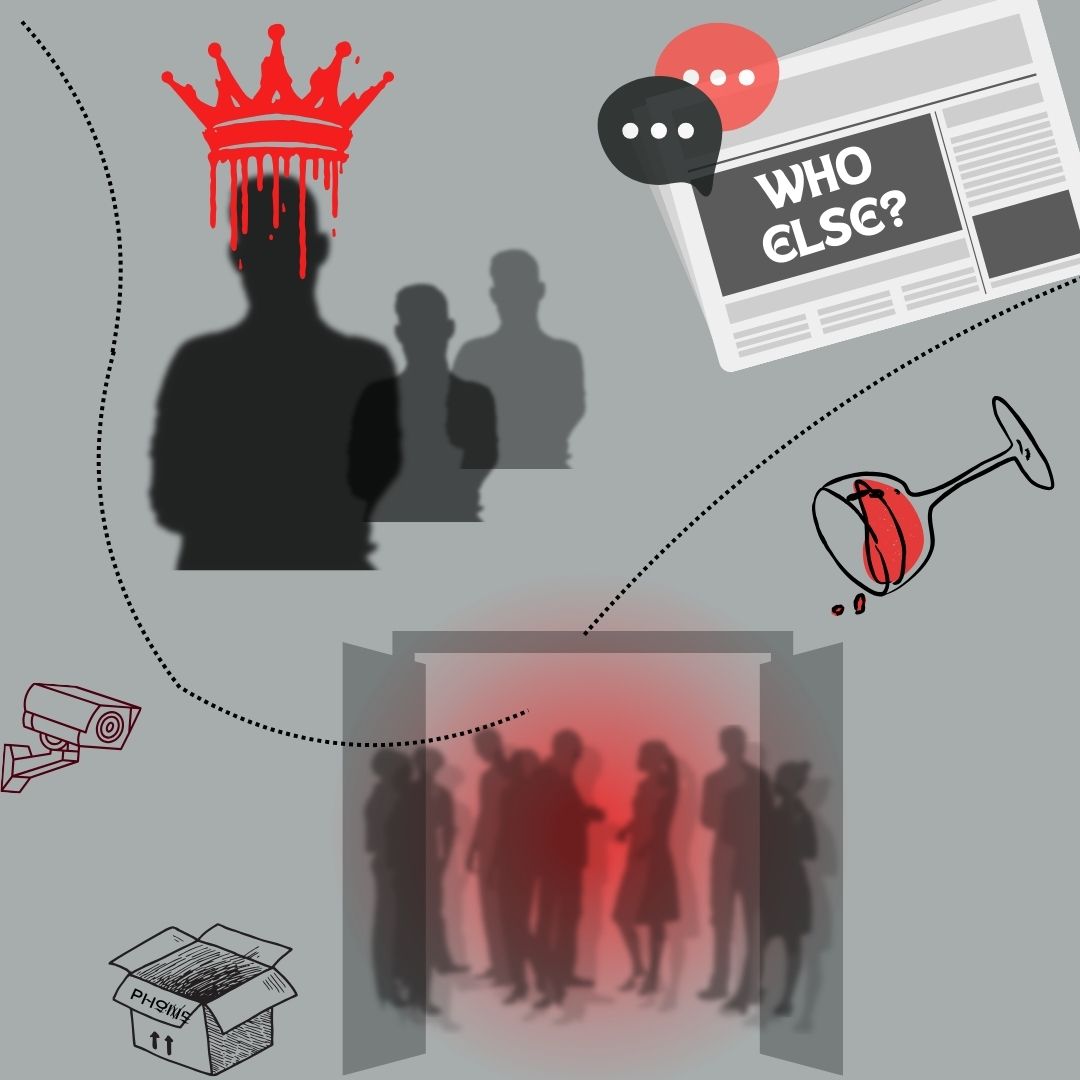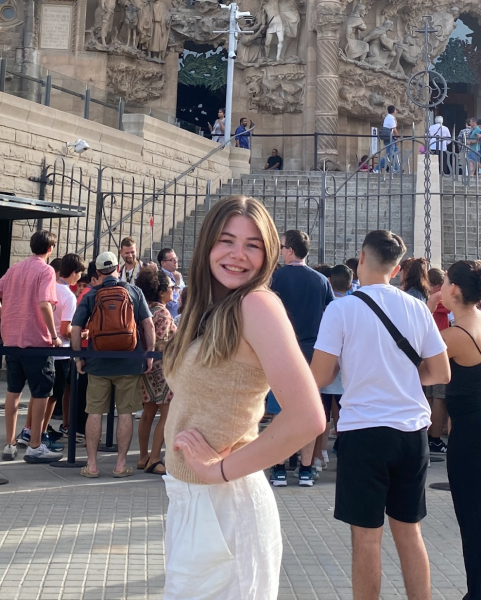Obsession with celebrity court cases is not a new phenomenon. The Johnny Depp vs. Amber Heard trial, Anna Delvey’s trial and the Jamie Spears vs. Britney Spears’ trials are just a few examples. Unlike these cases, the Diddy case likely includes many of Hollywood’s biggest names, giving fans plenty to conspire about. However, these claims aren’t made without consequence.
Rapper Sean “Diddy” Combs was arrested Monday, Sept. 16, after receiving charges of racketeering conspiracy, sex trafficking and transportation to engage in prostitution from 2008-present.
On Nov. 16, 2023, Combs’ ex-wife, Cassie Ventura, filed a lawsuit against Combs for sexual and physical abuse from 2007-2018. The suit was settled a day after filing, but it prompted another victim, Joi Dickerson-Neal, to come forward. She claimed Diddy drugged and sexually assaulted her on tape.
After several more individuals came forward with an array of allegations, the Department of Homeland Security raided Combs’ Los Angeles and Miami mansions on March 25th. The raid uncovered electronic recordings and images of his “freak off” parties, guns, and of pallets of baby oil, leading to Combs’ arrest and a spool of online conspiracy theories.
On social media, many spread conspiracies about Diddy and Jay-Z and Beyonce who people theorize to be involved in Diddy’s crimes. Many believe Diddy murdered Michael Jackson and other meritless conspiracies. With the recent reopening of his murder case, many assume this resulted from Diddy’s case, when in relating, the reopening came from other new information.
Despite Diddy’s arrest, many of these claims state Beyonce attempted to or killed anyone in direct competition with her, so much so, that artists felt it necessary to thank her in their acceptance speeches. Many even say Kanye infamously going on stage was to protect Taylor Swift from Beyonce at the 2009 VMA awards.
None of these claims have been validated or falsified, yet many have portrayed these conspiracies as valid claims.
Senior Katelyn Chen believes these conspiracy theories lack merit. “Conspiracies and gossip are fun to hear about, even if we know they’re not true, it’s just naturally intriguing. I feel like crazy conspiracies such as the ones surrounding Diddy, are so crazy that most people don’t believe them to be true; however, there are always people who believe in these stories,” said Chen.
Conspiracy theories have taken over the Diddy case and many other cases in the past, but the psychological impact of conspiring may pose mental drawbacks. Those celebrities centered in these conspiracies face cruel comments. On Beyonce’s recent Instagram post, users commented, “I’m scared I didn’t thank Beyonce at my graduation” and “Pretending like nothing is happening.”
Some celebrities like this attention, such as cases like Anna Delvey’s; however, in cases like Beyonce’s, she is subject to conspiracy of murder.
“In cases like this, it could be emotionally damaging to the people that are being talked about, so in that aspect, conspiracies are like rumors that could ruin someone’s reputation. But I know some celebrities actually like conspiracies because it gives them more attention or they just don’t care, so I guess it depends on the person,” Chen added.
In Delvey’s case, these rumors made a career for her: social media presence, a Netflix documentary and an appearance on Dancing with the Stars. In Beyonce’s case, she already has a substantial amount of fame; this instance could only make her career spiral downward.
Conspiracists continue to put forth deranged ideas about Diddy and his possible accomplice’s schemes. Taking part in these efforts is an easy trap into a much deeper rabbit hole of harmful theories.
Conspiracies are distant from reality; they include small truths or random, trivial, instances pieced together to create a false narrative. This makes them easy to believe.
Psychology teacher Sara Russell sees clear dangers in conspiracy theories in cases like Diddy’s.
“My biggest concern or worry about conspiracy theories is that they distract from real issues that need to be addressed. When humans are skeptical of a situation, they are exercising important skills like critical thinking and questioning. Conspiracy theories may start with skepticism, but then take a life of their own,” expressed Russell.
As social media and technology make conspiracy theories easier to spread and harder to differentiate from fact, it is vital to ensure people are receiving updates from the direct source.









